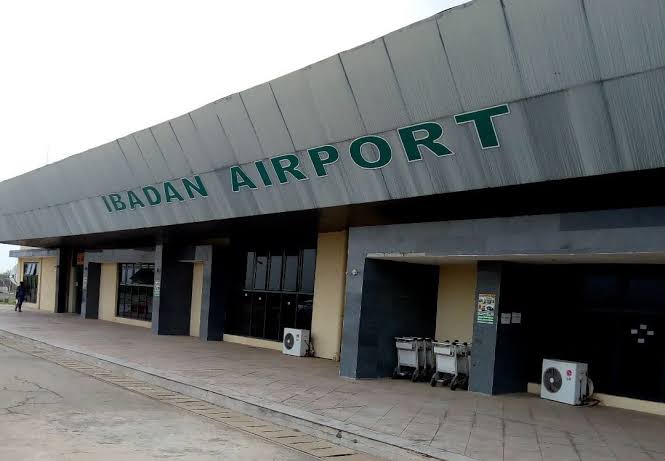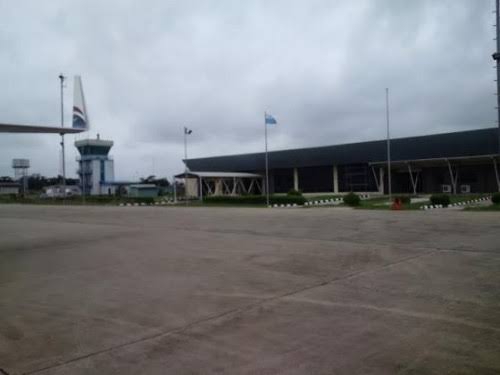




What you need to know about the Ibadan Airport before you visit
History African@africanhistory
5 months ago
Ibadan Airport, also known as Samuel Ladoke Akintola Airport, is situated in the vibrant city of Ibadan, the capital of Oyo State, Nigeria. This airport has been in existence since it was commissioned in 1982 by Joseph Wayas, the former Senate President, serving as a significant travel hub for domestic flights within Nigeria. Its location on the outskirts of Ibadan, around 30 minutes from the city center, makes it an accessible gateway for travelers.
The airport's features reflect its ongoing evolution to meet modern aviation standards. Currently, Ibadan Airport operates with a single runway, designated as 5/23, and is primarily used for domestic flights to cities like Abuja and Lagos. The infrastructure includes basic amenities like open-air parking for both short and long-term stays, and there are plans for significant upgrades to enhance its capabilities. Recent developments include the installation of a 500,000-litre aviation fuel storage and dispensing facility, which has been concessioned to Bovas Group, aiming to make Ibadan Airport a viable operational base for airlines.
The uniqueness of Ibadan Airport lies in its historical significance and its current trajectory towards becoming an international airport. The Oyo State Government has embarked on a project to upgrade the facility to international standards, with ambitions to handle a million passengers annually, up from its previous capacity of 100,000. This includes not only expanding the physical structures like terminals and runways but also improving the airport's operational efficiency with modern facilities such as baggage handling, enhanced security checks, and better passenger services. This transformation is poised to position Ibadan as an economic hub in Southwest Nigeria, potentially attracting more business and tourism due to its strategic location relative to Lagos, offering an alternative for travelers and businesses looking to bypass the congestion of larger airports.
Moreover, the airport's upgrade plan involves constructing an additional terminal, extending the runway to accommodate larger aircraft, and introducing Maintenance, Repair, and Overhaul (MRO) facilities along with cargo operations, which will further define its uniqueness. These developments are expected to connect Oyo State to a global market, enhancing the ease of doing business and attracting investments in sectors like agribusiness, manufacturing, and technology. The community around the airport, including local businesses and residents, are anticipated to benefit from this economic uplift.
In summary, Ibadan Airport stands as a testament to both Nigeria's past and its forward-looking aspirations in aviation, blending historical significance with ambitious plans for international connectivity and regional economic development.
#IbadanAirport #IBA #SamuelOjoOladeleAirport #OyoStateAirport #NigeriaAirports #TravelNigeria #AirportLife #Aviation #WestAfrica #NigerianAviation #AirportGuide #TravelTips #NigeriaTourism #OyoStateTourism
Photo Credit: Come to IB
